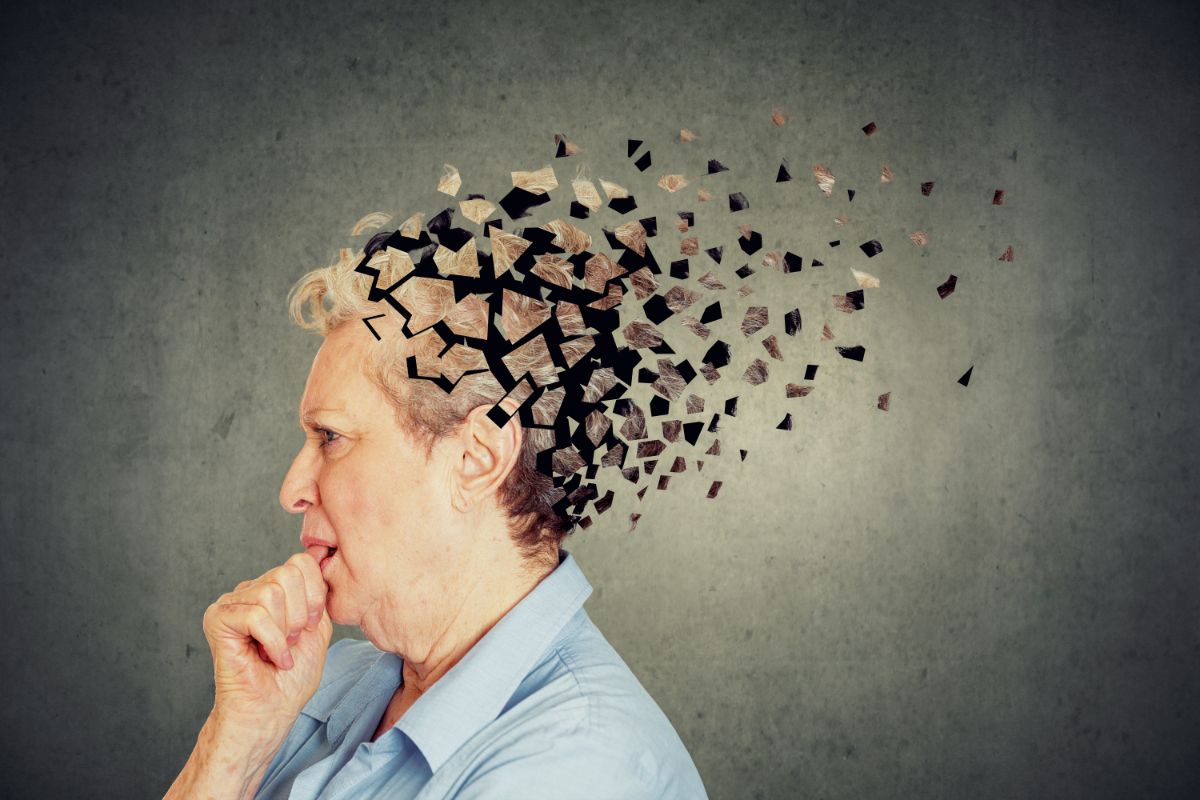To many, the realization that one’s parents, spouse, or themselves may be developing symptoms of dementia is a terrifying idea. Roughly 50 million people worldwide have dementia, with 5-8% of the population aged 60 and above being diagnosed with dementia at any given time. Dementia does not just affect the patient but also poses new challenges to his or her family and friends as they adapt to these changes.
Dementia usually develops due to damage to the brain because of other health conditions, aging, or lifestyle choices. The symptoms of dementia may be challenging to manage by oneself as they may manifest at any point in time. Further complications may arise due to the presence of existing medical conditions. Trained caretakers can assist in providing skilled nursing to support these challenges. Some communities may offer specific memory care programs for supporting Alzheimer’s patients and improving their quality of life.
Types of Dementia
The development of dementia may be caused by several other medical conditions. The four most common types of dementia in seniors are:
- Alzheimer Disease
Alzheimer’s disease is the most common form of dementia, accounting for roughly 60-70% of cases of dementia. It is not entirely certain why Alzheimer’s develops in some people. Patients often experience difficulties in navigating, short-term memory loss, and trouble keeping track of important tasks such as bill payments or taking medication.
- Vascular Dementia
Vascular dementia is the second most common form of dementia, accounting for roughly 20% of cases. It develops due to damages to the blood vessels, with an increased risk for older people. Symptoms may vary, depending on the location and severity of the stroke to the brain.
- Frontotemporal Dementia
Frontotemporal dementias, commonly referred to as FTDs, are usually associated with communication challenges and changes in personality. FTDs usually affect the front and sides of the brain that are related to a person’s personality. Some symptoms include acting inappropriately, appearing selfish or apathetic, slowed or slurred speech, and difficulty with problem-solving or planning.
- Dementia with Lewy bodies
A Lewy body is a protein deposit that develops in the nerve cells of the brain, which may affect motor function, memory recall, and thinking. Patients with this form of dementia may perceive visual hallucinations of objects, people, or animals that aren’t there. They may also develop problems with their blood pressure in certain situations such as getting up from a chair, loss of bladder control, and loss of balance.
Mitigating Risk Factors of Dementia
Whilst there is no known cure for dementia, there are some risk factors that can be managed to reduce the likelihood of developing dementia. These are:
- High blood pressure
- Low social contact
- Mental stimulation
- Physical inactivity
- Other medical conditions such as diabetes, obesity, or high blood pressure
Of these risk factors, mental stimulation and physical inactivity are the easiest to manage. At Discovery Village At Dominion, we pride ourselves on developing a community that cares for one another and propagates an active lifestyle for your loved ones. We have a plethora of activities and facilities for your family members to take part in throughout the whole year. Reach out today and find out more by speaking with our lifestyle coordinators at Discovery Village At Dominion.







